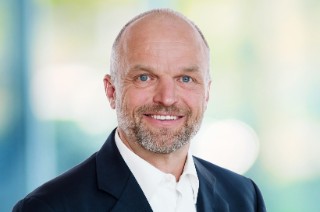From Biobased Raw Material to Application
In the division Sustainable Polymer Materials, we develop polymer materials based on renewable raw materials and translate them into practical, application-ready solutions. By combining synthesis, material development, formulation expertise, and analytics, we support companies in efficiently implementing sustainable polymer-based products.
We use starch, cellulose, and other polysaccharides as well as lignin as functional starting materials and tailor their properties in a targeted manner. Through chemical, enzymatic, and physical modifications, materials with defined processing and performance characteristics are created that can replace synthetic polymers.
In addition, we develop biodegradable microcapsules and particle systems that stabilize active ingredients, transport them, or release them in a controlled manner. These technologies enable environmentally friendly formulations for construction chemicals, cleaning agents, cosmetics, and pharmaceuticals.
In polymer synthesis, we develop sustainable solutions for synthetic polymers. Depending on the objective, this includes the development of bio-based plastics, the replacement of toxic starting materials, or the design of systems enabling complete monomer recycling.






